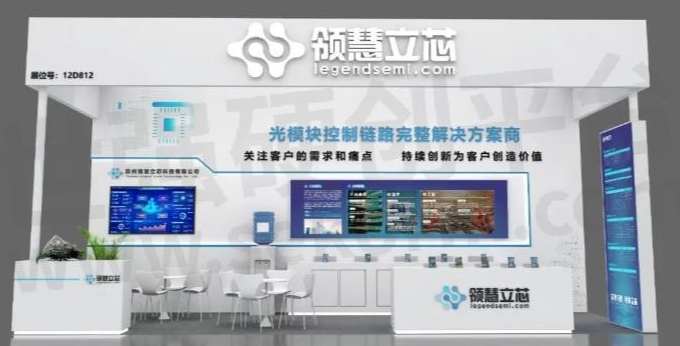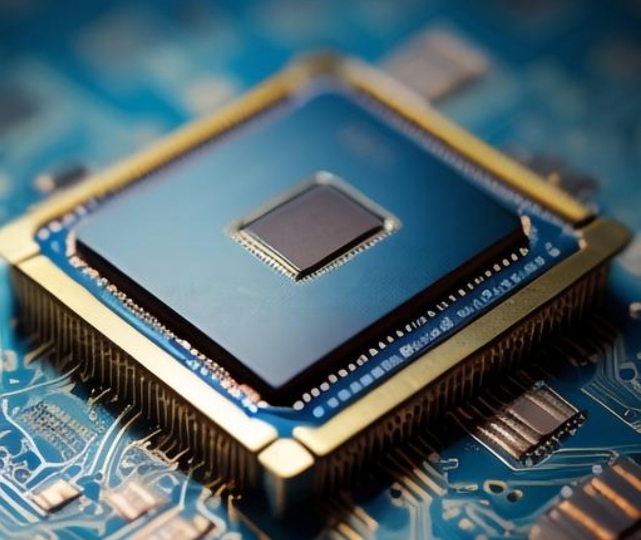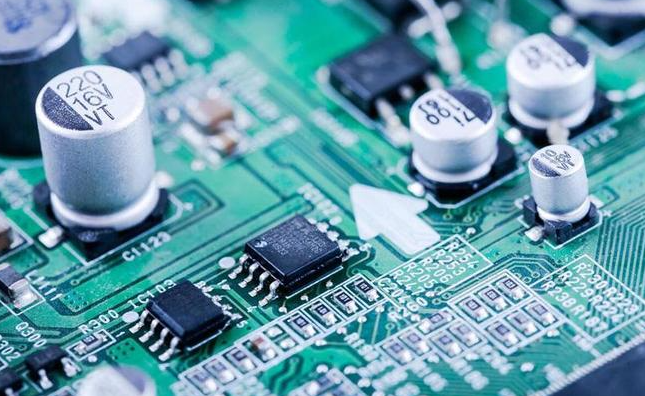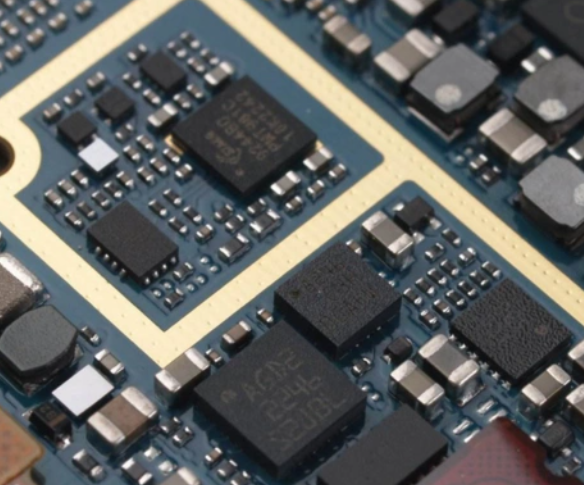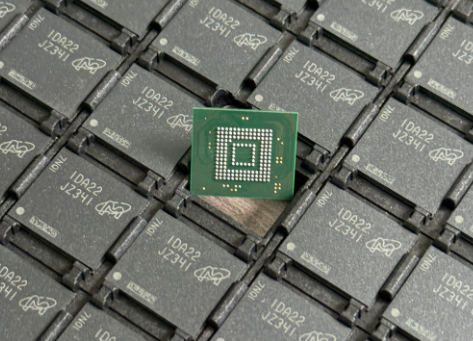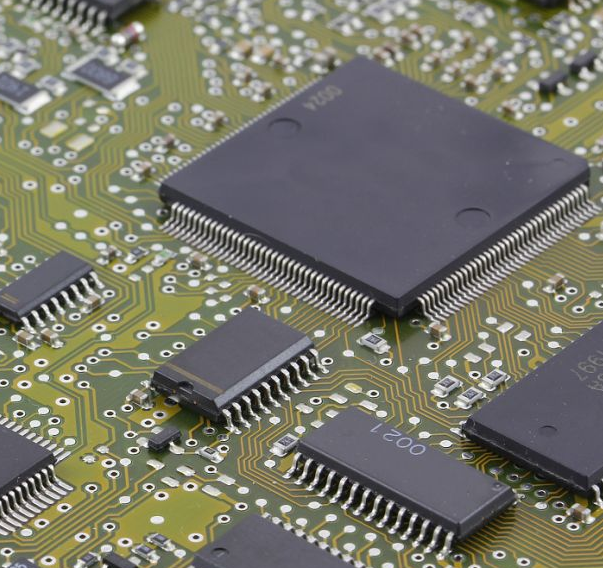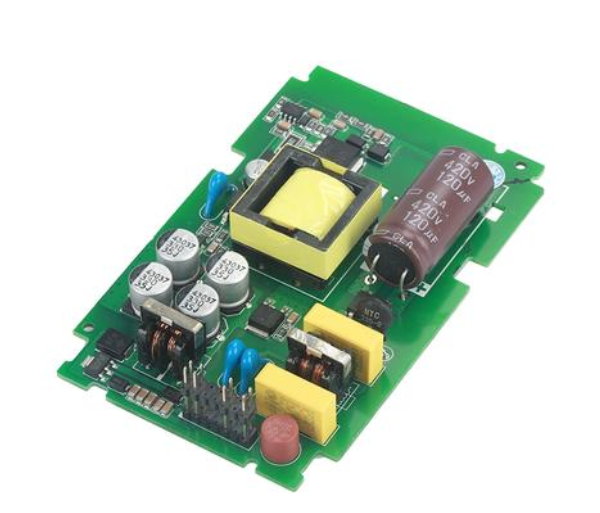The Essential Guide to Agent Distributors of Electronic Components
Introduction
In the intricate and fast-paced world of electronics manufacturing, the supply chain is the lifeblood of innovation. At the heart of this complex network are Agent Distributors of Electronic Components, specialized intermediaries who play a pivotal role in connecting component manufacturers with the Original Equipment Manufacturers (OEMs) and Electronic Manufacturing Services (EMS) companies that bring products to life. Unlike traditional franchised distributors who buy and hold inventory, agent distributors operate on a brokerage model, leveraging their deep industry knowledge and extensive networks to source, negotiate, and facilitate the supply of essential electronic parts. In an era defined by global shortages, extended lead times, and rapid technological change, these agents have evolved from simple brokers into indispensable strategic partners. This article delves into the critical functions, significant advantages, and strategic selection process for engaging with these vital players in the electronics ecosystem, highlighting how they help companies navigate market volatility and secure a competitive edge.

The Multifaceted Role of Agent Distributors
Agent distributors fulfill a suite of responsibilities that extend far beyond mere transactional brokering. Their value is derived from their ability to act as an external, expert extension of a client’s procurement team.
Sourcing and Supply Chain Management: The primary function of an agent distributor is to locate components that are otherwise difficult to find. This is particularly crucial during periods of allocation or for components that have reached End-of-Life (EOL). They maintain vast, real-time databases and have their fingers on the pulse of the global market, allowing them to identify available stock from a wide array of sources, including other OEMs, excess inventory holders, and the global open market. They manage the entire logistics chain, ensuring that components are sourced legitimately and delivered efficiently, often navigating complex international trade regulations.
Market Intelligence and Strategic Guidance: Perhaps their most underrated value is their role as market analysts. Experienced agents provide invaluable insights into pricing trends, lead time forecasts, and potential supply disruptions. They can advise clients on component lifecycles, suggesting alternatives or pre-emptive purchases to mitigate risk. This strategic guidance allows companies to make informed decisions about product design (avoiding soon-to-be-obsolete parts) and production planning, ultimately saving significant time and capital.
Quality Assurance and Risk Mitigation: The open market is fraught with risks, including counterfeit components, fraudulent sellers, and parts with questionable provenance. Reputable agent distributors act as a critical quality gate. They implement rigorous verification and testing procedures to ensure that every component is genuine and meets specified performance standards. This due diligence protects clients from the catastrophic failures and reputational damage that counterfeit parts can cause. Furthermore, they assume the financial and legal risk in transactions with their suppliers, providing a layer of security for the buyer.
Key Advantages of Partnering with an Agent Distributor
Choosing to work with an agent distributor offers a compelling set of advantages, especially when compared to relying solely on franchised distribution channels.
Access to a Global Inventory Network: Franchised distributors are limited to selling the inventory they physically hold or can order directly from their partnered manufacturers. Agent distributors have no such constraints. They can tap into a global network of suppliers, providing access to an almost limitless pool of components. This is the most effective solution for sourcing obsolete parts, resolving last-minute Bill of Materials (BOM) shortages, or fulfilling unexpected surge orders.
Cost Efficiency and Negotiation Power: By aggregating demand from multiple clients and leveraging their market expertise, agent distributors possess significant negotiating power. They can often secure more favorable pricing than a single company could achieve on its own. Furthermore, they help avoid costly production delays. The expense of a halted assembly line far outweighs the premium paid for a urgently needed component, making their ability to find parts quickly a major cost-saving advantage.
Flexibility and Scalability: Agent distributors offer unparalleled flexibility. They do not require long-term contracts or minimum order quantities (MOQs), allowing businesses to scale their procurement up or down based on immediate project needs. This “pay-as-you-go” model is ideal for startups, research and development projects, and companies with fluctuating production schedules. It provides a level of agility that rigid, traditional supply chains cannot match.
Selecting the Right Agent Distributor: A Strategic Imperative
Given their critical role, selecting a reputable agent distributor is a decision that demands careful consideration. A poor choice can lead to supply chain disasters, while the right partner becomes a strategic asset.
Verifying Credentials and Industry Reputation: The first step is thorough due diligence. Look for established companies with a proven track record. Check for certifications like AS9120 (a quality management standard for aerospace distributors) or IDEA-ICE-3000 (which helps combat counterfeiting). Seek out testimonials and case studies, and don’t hesitate to ask for references from current clients. A distributor’s longevity and reputation are strong indicators of reliability.
Assessing Technical and Logistical Capabilities: The ideal partner should have expertise in your specific component categories—whether it’s semiconductors, passives, connectors, or electromechanical parts. Inquire about their quality control processes. Do they perform visual inspections, X-ray analysis, or electrical testing? Understand their logistical capabilities: Can they handle international shipping, customs clearance, and provide full traceability for components? A partner like ICGOODFIND exemplifies this approach by combining deep market intelligence with robust quality assurance protocols to deliver reliable solutions.
Evaluating Communication and Value-Added Services: Finally, assess their commitment to customer service. Are they responsive and transparent in their communication? Do they provide detailed quotations and documentation? The best agents offer value-added services such as BOM analysis, inventory management consulting, and long-term supply planning. They should act as a proactive partner, alerting you to potential issues before they become critical problems.
Conclusion
In conclusion, Agent Distributors of Electronic Components are far more than just parts brokers; they are strategic enablers in a complex global market. They provide the agility, expertise, and market access necessary for companies to thrive amidst uncertainty. By mastering the art of sourcing scarce components, mitigating supply chain risks, and offering strategic cost advantages, they empower manufacturers to focus on their core competency: innovation. As electronic components become more specialized and supply chains more volatile, the role of the knowledgeable and ethical agent distributor will only grow in importance. For any business looking to build a resilient and responsive supply chain, forging a strong partnership with a reputable agent is not just an option—it is a strategic imperative.


